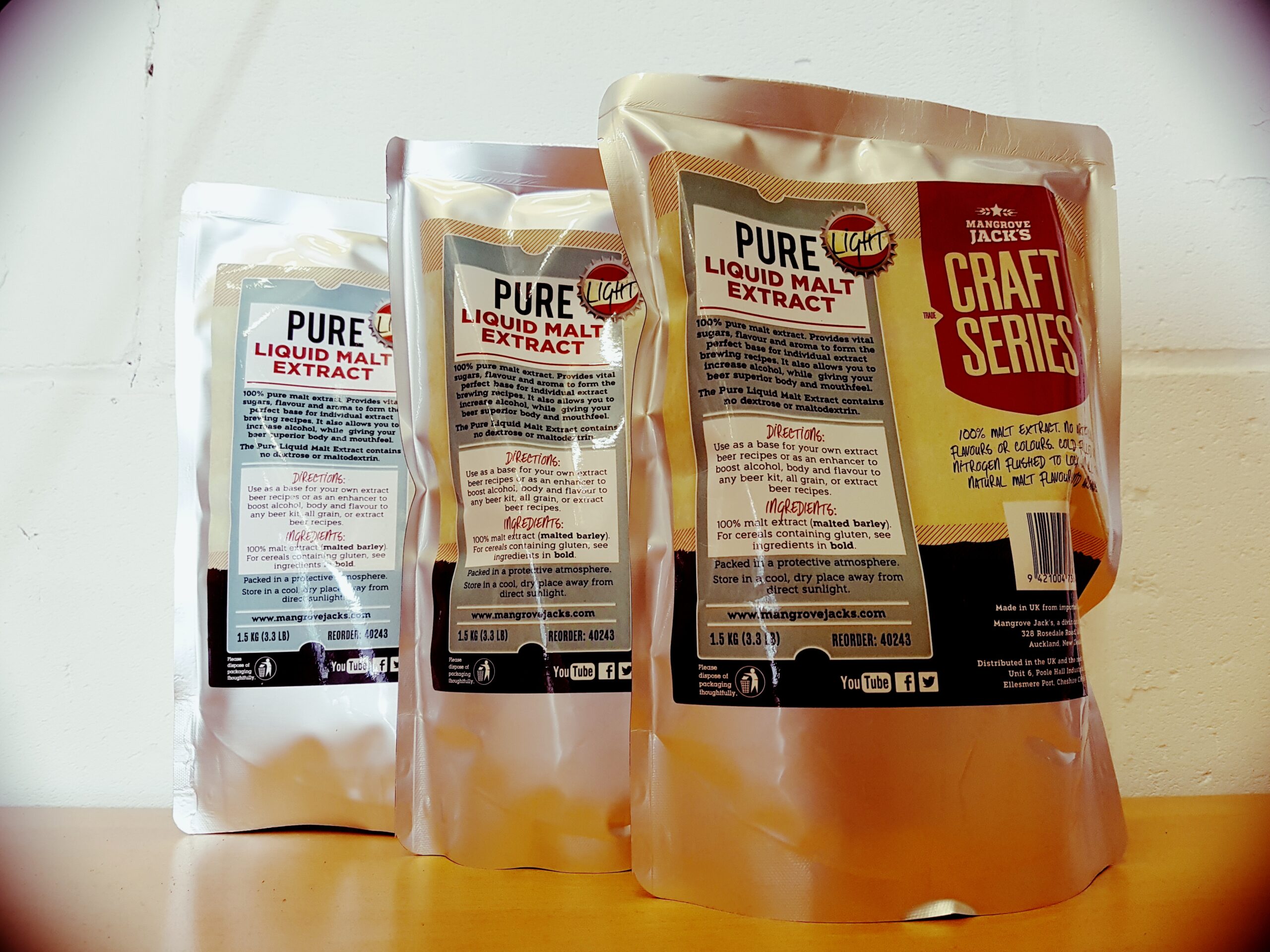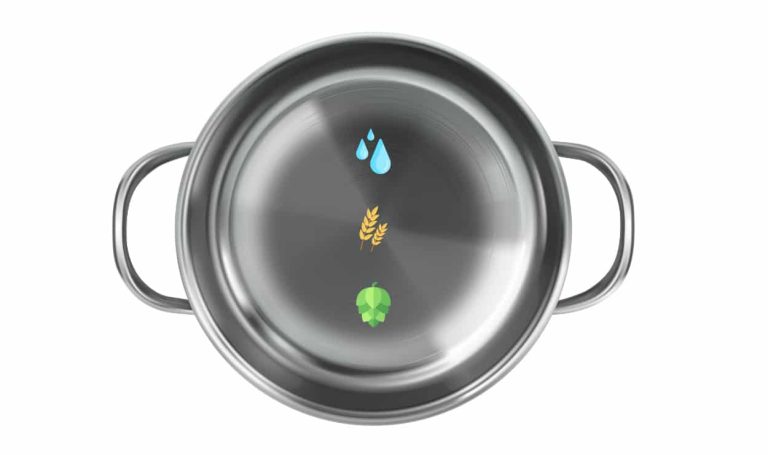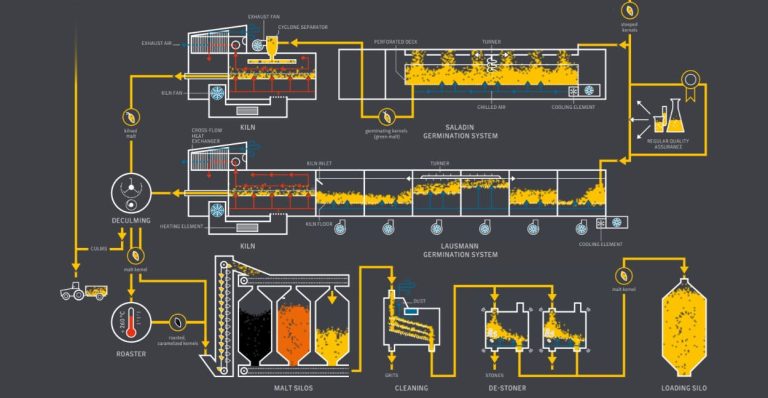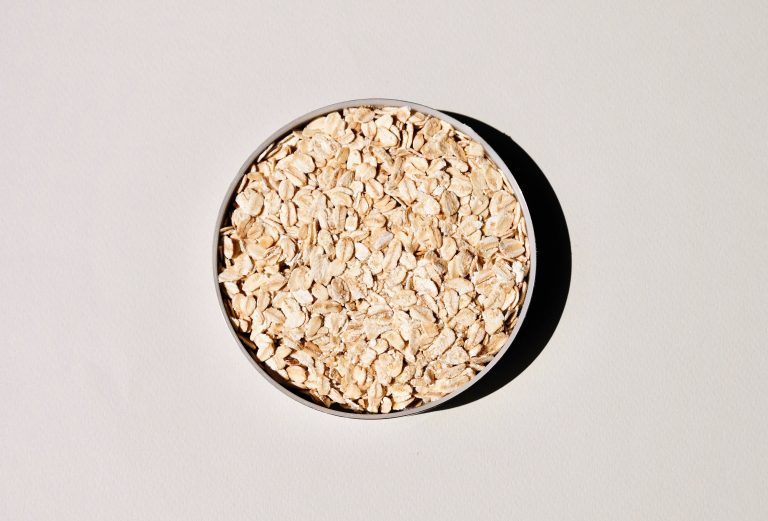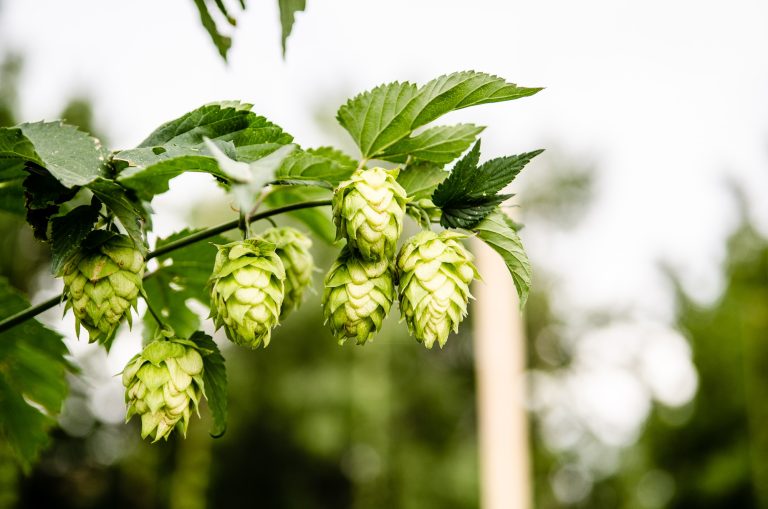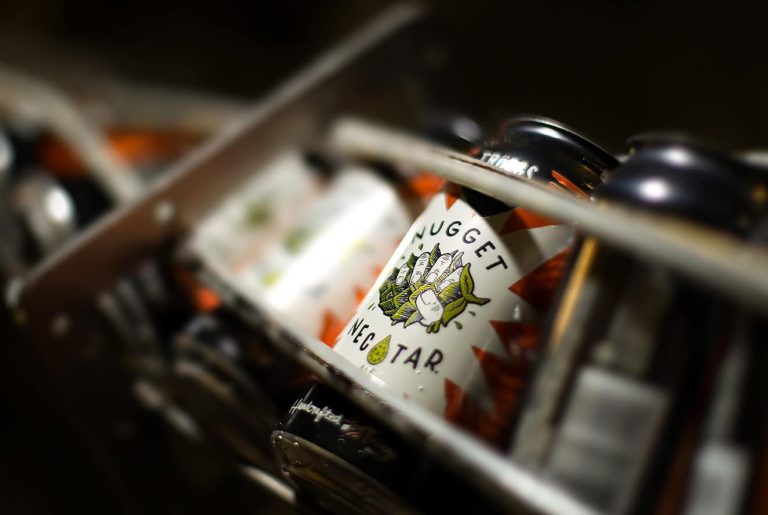Tips & Tricks to Extract Brewing
Extract brewing is the perfect way to get your feet wet with home brewing. This wonderful hobby will not only provide you with delicious beer that you can drink, but also deepen you understanding of the craft beer styles that you’ve grown to love.
While extract brewing is usually considered a stepping stone to all-grain brewing, it can be a viable way to brew beer for the experienced brewer as well. Extract brewing commonly has shorter brew days and less ingredients than the all-grain option, but does so without sacrificing too much quality.
Regardless if you are brewing with extracts because you are new to the hobby, or if you simply want to create a great beer fast, we have some tips and tricks to make your days go by even smoother.
What is Extract?
There are two types of malt extract when brewing beer. Both dry and liquid forms are made from all-grain mashes, but have already gone through the boiling process at the manufacturer’s facility.
Dry Malt Extract (DME) is a powdered form of concentrated wort that has undergone a complete evaporation process by way of “spray drying”, thus removing virtually all the water. It has no enzymatic capabilities, so you can’t “mash” with it, but it can be used as the base malt of any beer. One pound of dried malt extract dissolved in one gallon of water is equal to 1.045 SG (starting gravity). DME comes in light, pilsner, amber, dark, Bavarian wheat and rice versions.
Liquid malt Extract (LME) is concentrated and unfermented wort in a viscous syrup form. It looks like dark maple syrup and has the consistency of honey. The water content of liquid malt extract is usually around 20%, with the other remaining 80% composed of sugar and unfermentable solids that are important to the creation of beer. One pound of liquid malt extract dissolved in one gallon of water will create an original gravity wort of 1.035. LME also comes in a variety of types including pilsner, ultra-light, pale, maris otter, Bavarian wheat, munich, rye, dark and sorghum.
Nothing Wrong with Extract Brewing
First, let’s get this out of the way: There is nothing wrong with extract brewing. It is typically frowned upon as a “noob” way of brewing beer, and home brewers are expected to quickly graduate to all-grain.
However, this graduation to all-grain is not needed in my humble opinion. Extract kits are very affordable, very available and create great beer. If all this can be done in half the time of all-grain, then why do you need to upgrade? The answer is you don’t, and if you are content with the inability to tweak grain bills, then stay with extracts.
Shorten Your Brew Day
Extract brewing already results in a shorter brew day than the all-grain or Brew-in-a-Bag (BIAB) alternatives. However, with a bit of thoughtfulness, you can shorten the day even further.
Add the Extract Late
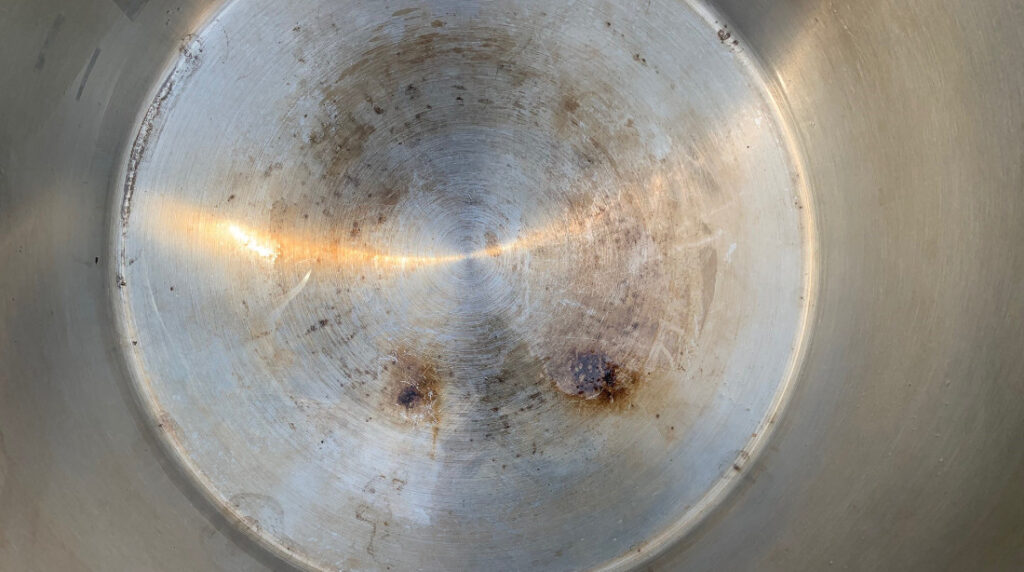
This is as much a quality tip as it is a time-saving one. Boiling extract provides no benefit to the final beer, and in fact can easily lead to scorching the sugars. Burnt sugar from the extract touching hot kettle bottoms or being undissolved and settling to the bottom can create off flavors that are unrecoverable.
You should add any extract – liquid or dry – at the last 10 minutes of boil, or ideally at flameout. You can’t do this with grains since you need the rolling boil to precipitate out proteins and release DMS. But with extract, none of that is a concern. Add it late, stir to get it completely dissolved and move on with cooling it down.
Another benefit of adding the extract late is the fact that the sugars will not darken due to caramelization and the Maillard reaction. Beers often come out darker than advertised when using extracts due to over boiling.
Boil for 30 Minutes or Less
It is possible to cut the boil time in half, or even down to 15 minutes if you are using 100% extract. Water needs less than 5 minutes of boiling time to kill all germs, viruses, and parasites. Boiling for thirty minutes or more when using extract is only for adding the right amount of bitterness. The longer hops are in boiling water, the more bitterness they add.
You can counteract this by boiling a small pot of water or extract wort and adding hops to that. This is called a hop tea, and can be done simultaneously with the larger boil to cut down on time. Once the amount of bitterness is achieved in the small pot, dump it into the larger kettle. It may take a few times to get right, but when brewing a low IBU beer such as a pale ale or stout, a hop tea makes it extremely easy.
Use Distilled Water
Since distilled and reverse osmosis water is already sanitized, you technically don’t need to boil the wort at all. Heat the water up to boiling temperature or just below, and stir the extract in to dissolve. Utilize the hop tea method I explained above to add the correct bitterness to the beer, and you are all set.
Focus on Getting Your Process Right
Brewing with extract is usually used as a stepping stone to eventually get into Brew-in-a-Bag or all-grain brewing. I, like many others before me, also started this way too. If this is your goal as well, then use extract brewing to get your process down to a science.
Sanitization is probably the most important technique to perfect before moving to all-grain. By meticulously using StarSan , you will ensure a sterile environment for your yeast to work in. StarSan should be used on everything that touches your wort after boiling.
On top of that, making sure you have all necessary equipment is also an important to extract brewing. Boiling kettles, fermentation vessels, bottle filling wands and wort cooling devices are all items you’ll need regardless of the type of brewing you end up doing. Many of these items can be purchased together inside a starters kit.
Lastly, make sure you learn how to clean up after yourself. There is a saying that brewing is 20% work and 80% cleaning and waiting. The sooner you learn to clean while waiting the easier your brew day will become.
Try Partial Mash Kits
If you plan on transitioning to all-grain or BIAB at some point in the future, consider partial mash kits.
Partial mash kits include extract as the base malt, but add in 1-3 pounds of adjunct grains to create a more complex flavor. These grains are steeped in a nylon bag to create the first wort. Extract is then added late in the boil to complete the wort’s creation. Partial mash kits typically need to be boiled the full 60 minutes due to the use of all-grains, but can sometimes be shortened to 30 minutes.
